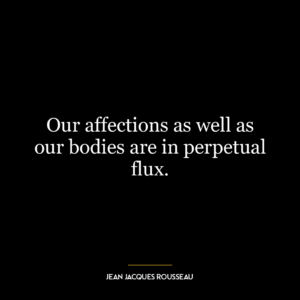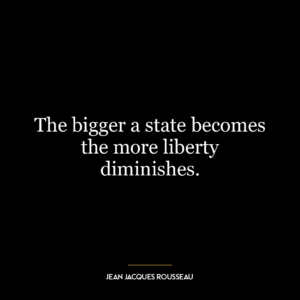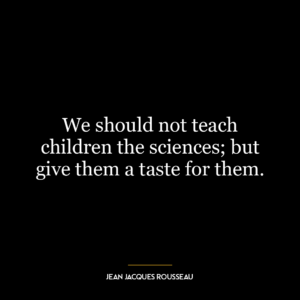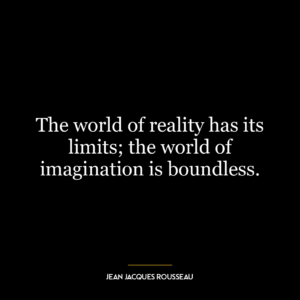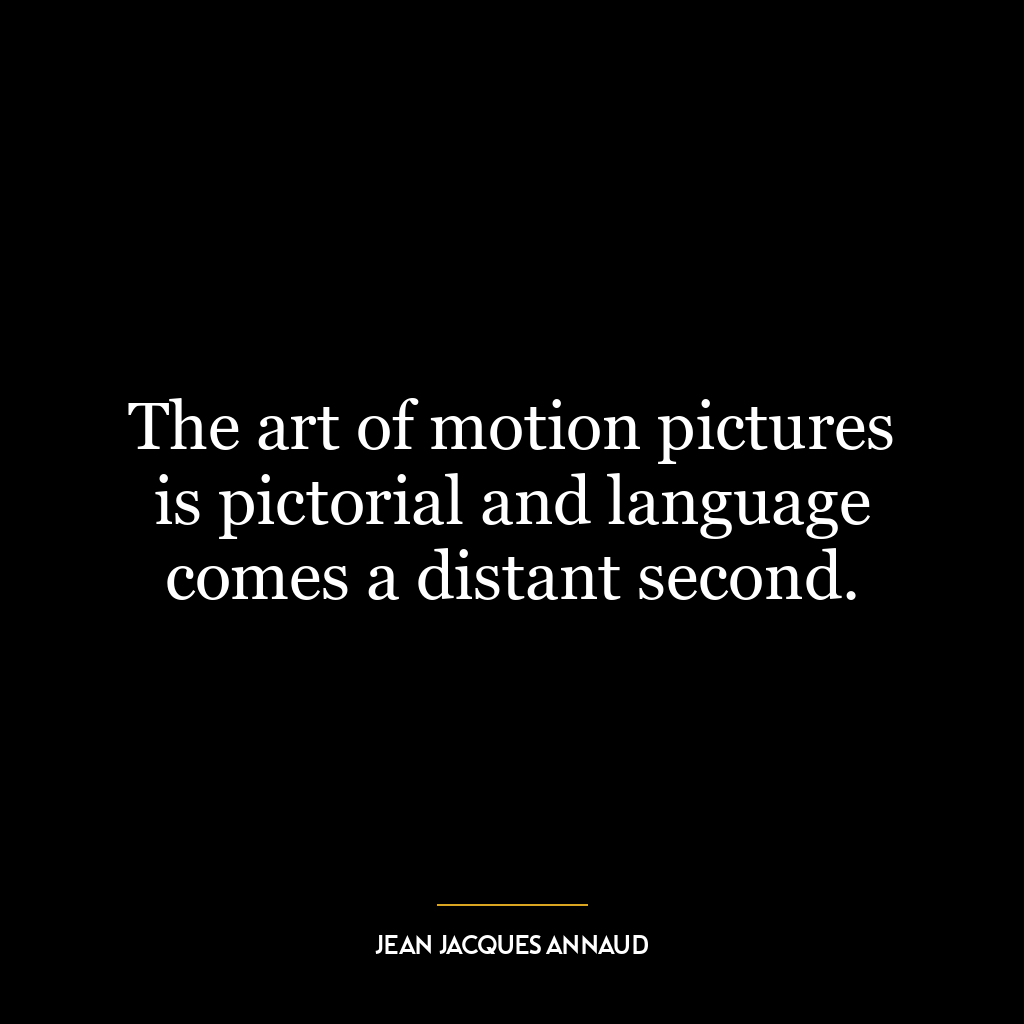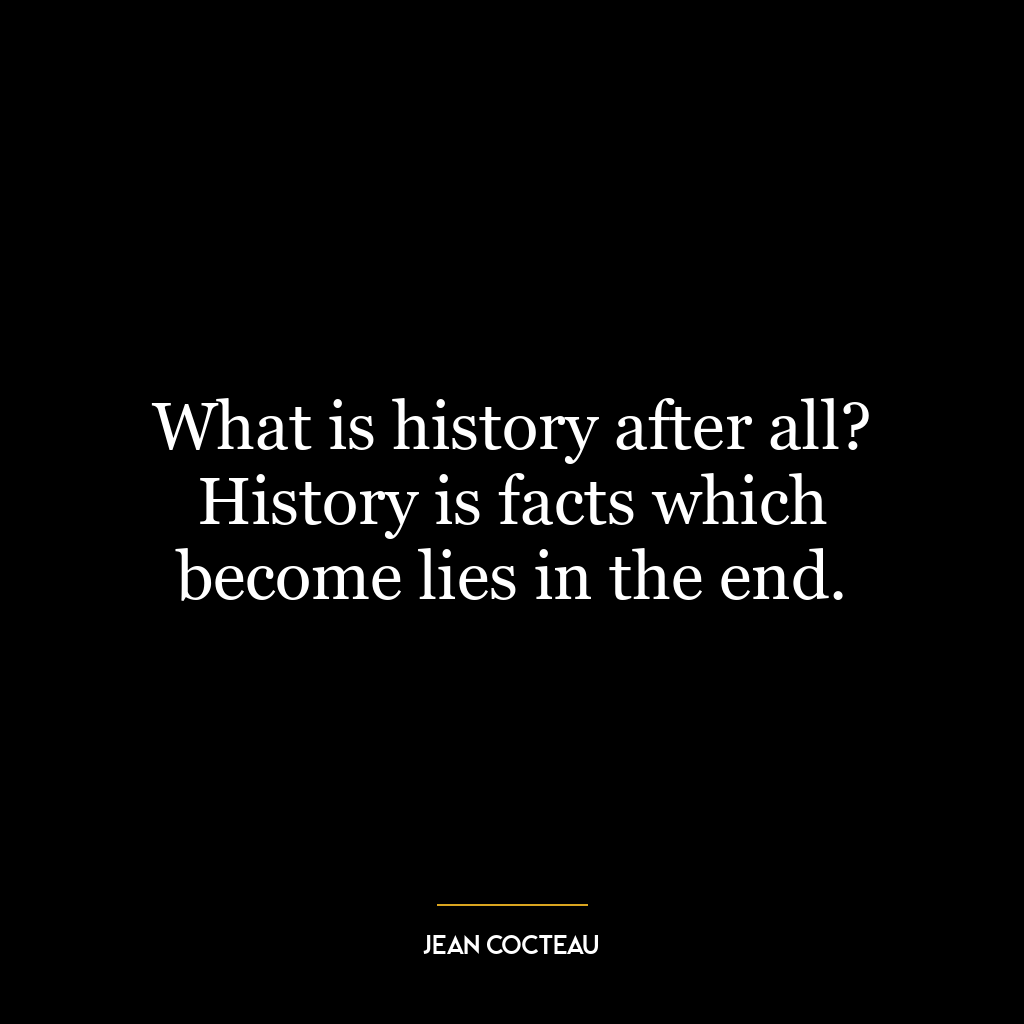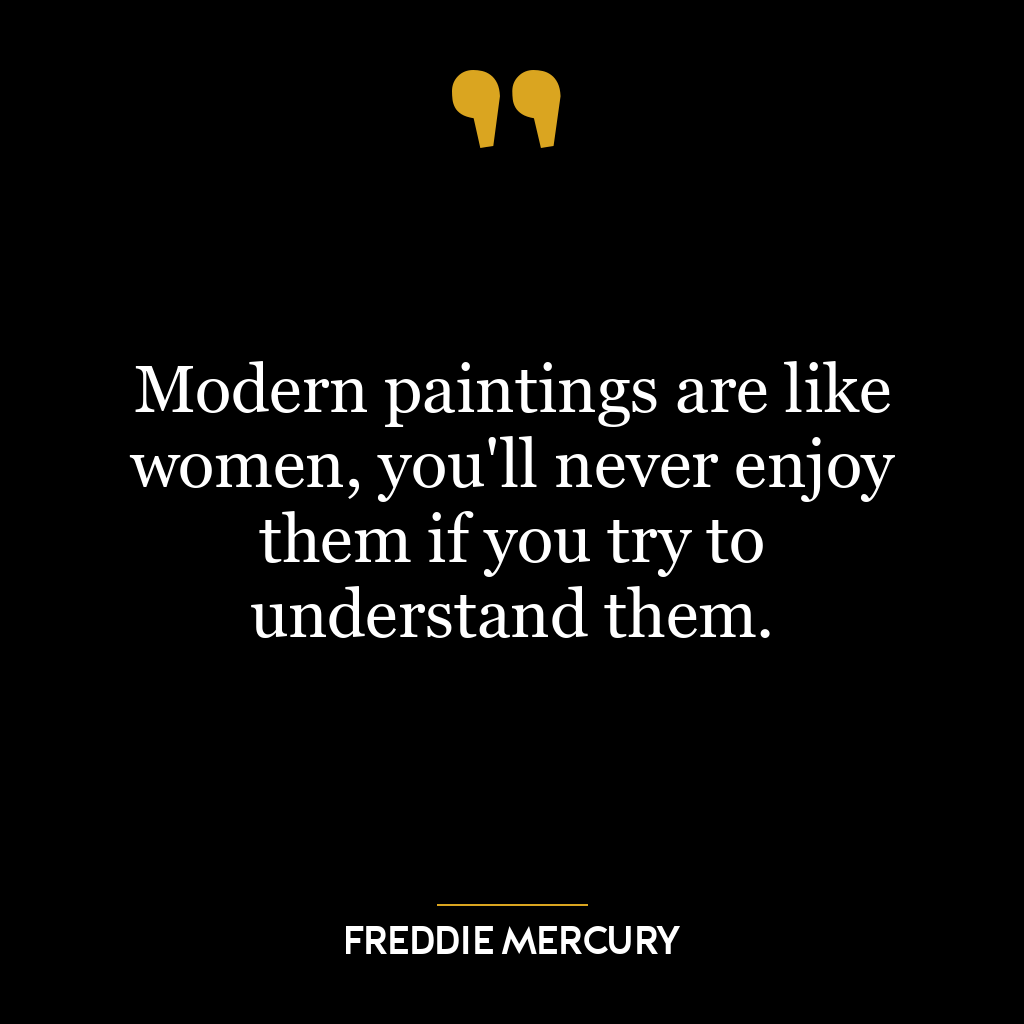This quote essentially suggests that definitions, which are created using words, can sometimes limit or distort our understanding of the world. Words are human constructs, they are not inherent in the things they describe. When we use words to define something, we are imposing our own perceptions and biases on it. We are trying to fit the vast, complex reality into small, neat boxes. This can lead to oversimplifications and misunderstandings.
For instance, when we define a tree as a “large plant with a wooden stem,” we are not capturing the full essence of what a tree is. We are not acknowledging its role in the ecosystem, its beauty, or the feeling it evokes in us. Similarly, when we define love as “an intense feeling of deep affection,” we are not capturing the full complexity and diversity of this emotion.
Applying this idea to today’s world, we can see how definitions can create divisions and conflicts. For instance, when we define people by their race, religion, or political affiliation, we are often ignoring their individuality and humanity. We are reducing them to a single aspect of their identity. This can lead to stereotypes, prejudice, and discrimination.
In terms of personal development, this quote encourages us to look beyond definitions and labels. It prompts us to see things as they are, not as we think they should be. It urges us to appreciate the complexity and diversity of the world. It also reminds us to be mindful of the words we use, as they can shape our perceptions and experiences.
Moreover, it suggests that we should not let definitions limit our potential. For instance, if we define ourselves as “uncreative,” we might hinder our ability to think outside the box and come up with innovative solutions. Therefore, we should strive to redefine ourselves and expand our horizons.



